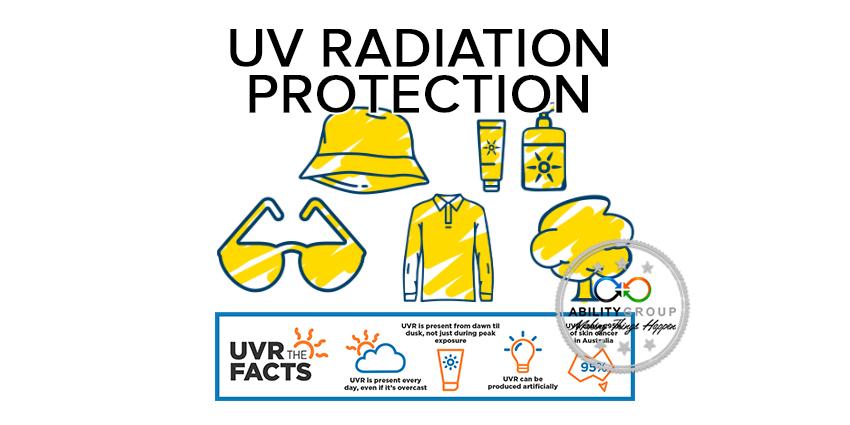
Return to Work Following Injury
The Return to Work Process following an injury can often be daunting for everyone involved. So what can be done to help minimise risks and make the process as smooth as possible?
(more…)
The Return to Work Process following an injury can often be daunting for everyone involved. So what can be done to help minimise risks and make the process as smooth as possible?
(more…)
Can you believe we have reached the end of 2023 already?! Each year we try to spread a bit of Christmas cheer to our clients & partners and what better way to spread the Christmas cheer than with a Christmas Time in Australia (Top 12 things to know) or Dog Christmas Tik Tok, we hope you feel the Christmas spirit with these videos.
Our team wishes you all a Happy & Safe holiday period!
As a reminder, our team take a well-deserved break over the Christmas & New Year period. Our office will be closed from Friday 22nd December 2023 & reopen Wednesday 10th January 2024.
For urgent matters during our office closure, please contact Julie (0431693213) or Marc (0412903107) directly.
Merry Christmas & Happy New Year!

To help prevent hearing loss in the workplace, employers must provide hearing tests to workers who frequently use hearing protection to control noise that exceeds the exposure standard.
(more…)
Australia’s high skin cancer rate means businesses must shield outdoor workers from UV with shade, systems, and PPE.
(more…)
Working in heat is a hazard that can cause severe health problems for many workers. Regardless of work setting, preparing for these risks is vital with summer approaching and rising temperatures.
(more…)